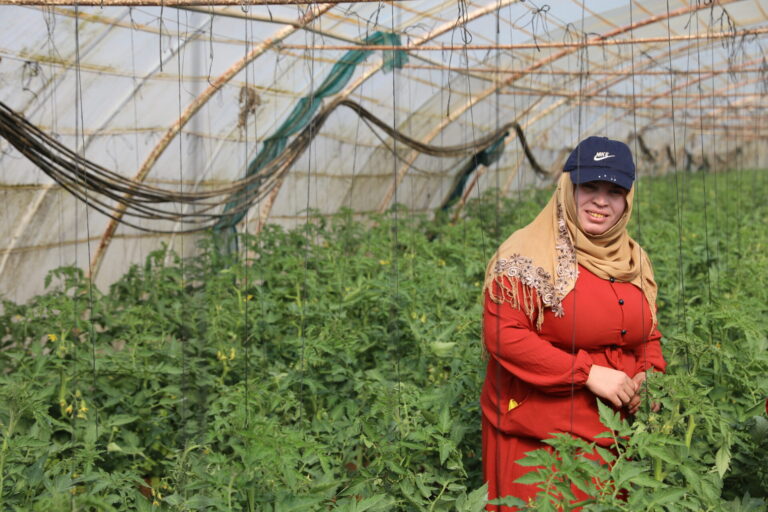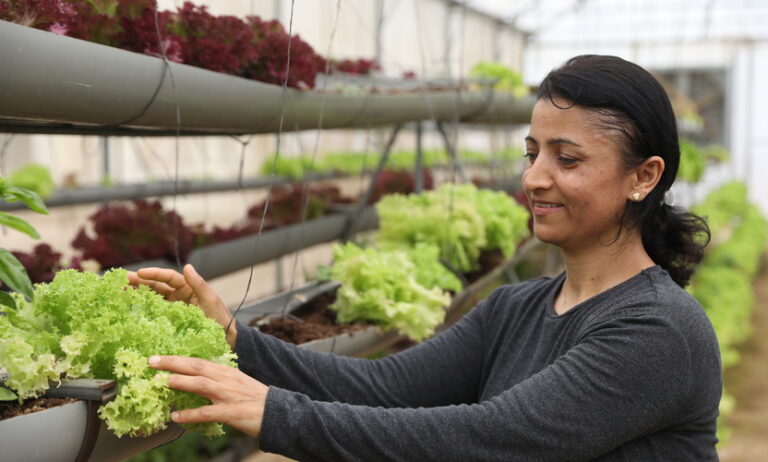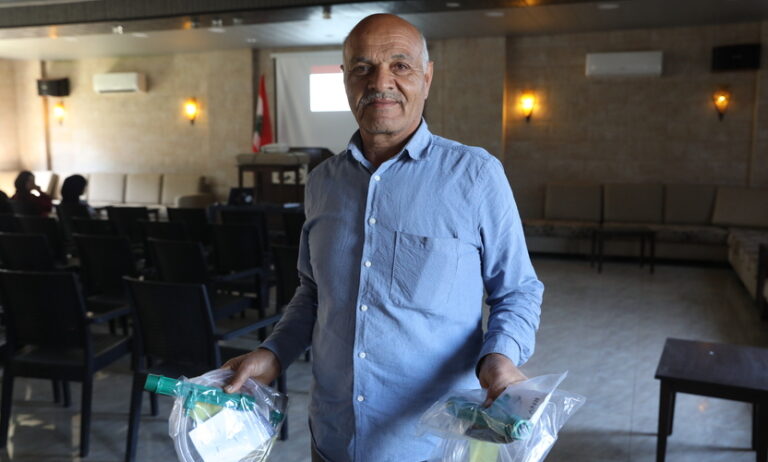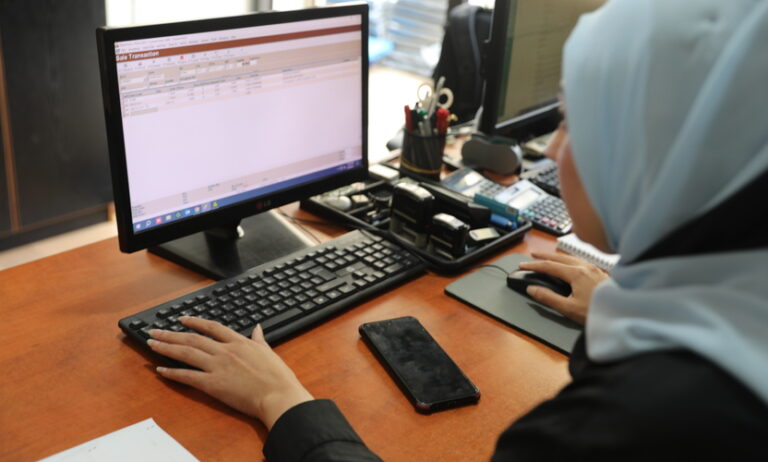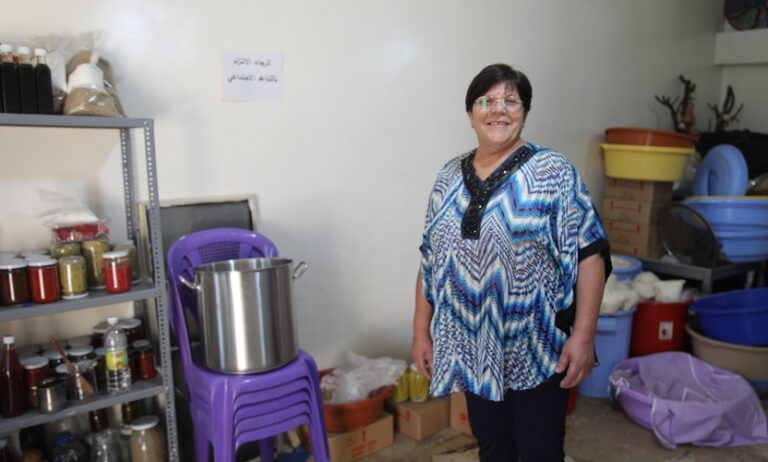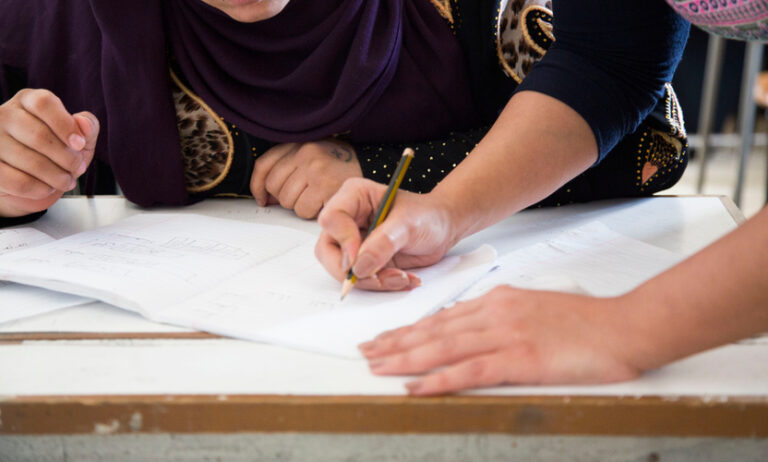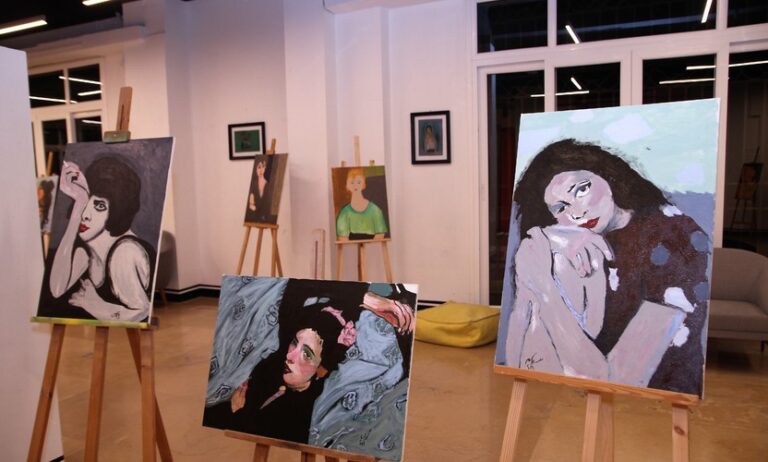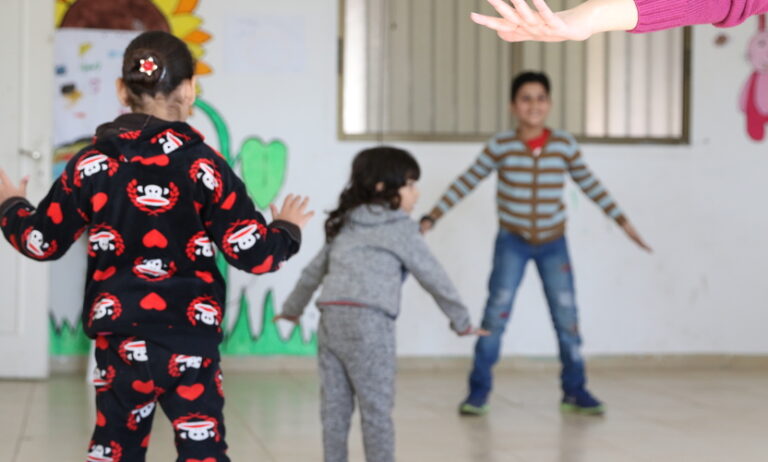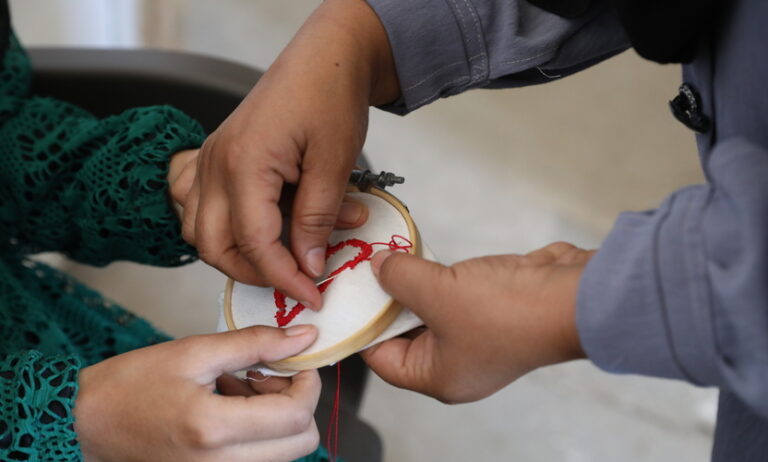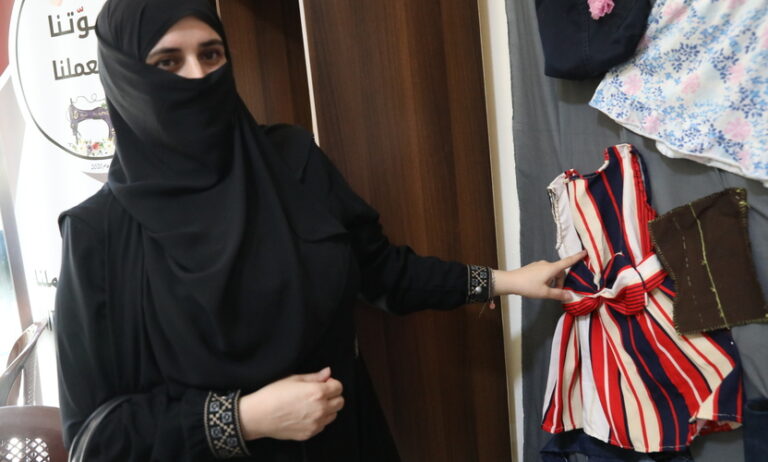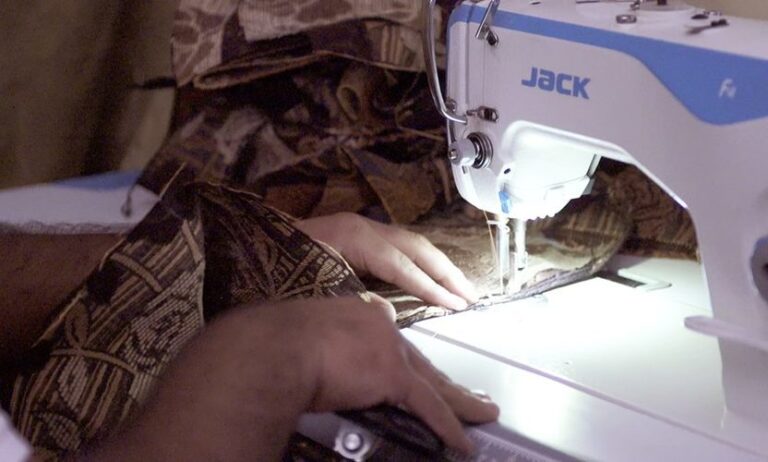Disclaimer: This website is under development. Content and features may change, and some information may be incomplete or inaccurate. Thank you for your patience.
Disclaimer: This website is under development. Content and features may change, and some information may be incomplete or inaccurate. Thank you for your patience.
Programs
-
Education
-
Food Security & Livelihood
-
Protection
-
Social Stability
-
Advocacy & Research
Education
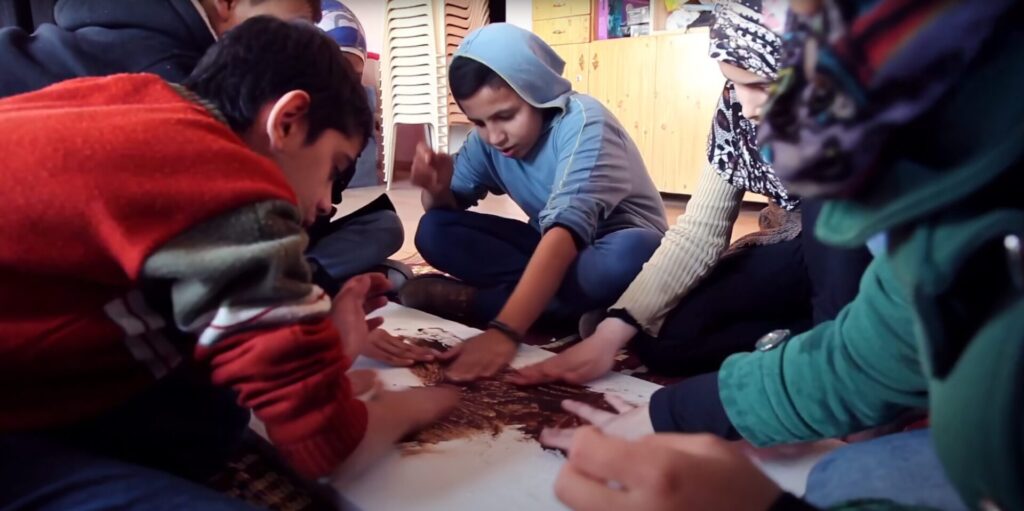
We aim to serve refugee children in a safe and inclusive learning environment where their well-being is of utmost importance. To this end, our Education Program is structured to provide:
Aim at enhancing academic performance for students who are struggling in specific subjects, starting from Grade 1ne to grade 9. This program focuses on filling learning gaps and ensuring that students catch up with their peers. Remedial support integrates technology for personalized learning, using digital platforms and tools that provide customized exercises. Psychosocial support and social-emotional learning (SEL) are critical components, addressing the emotional well-being of students, helping them build resilience, and improving their capacity to focus and engage in academic work
The Basic Literacy and Numeracy (BLN) Program for children aged 9 to 14 is designed to equip out-of-school children ( with minimum two years of dropping out) with writing, reading and math skills. Targeting children who have faced barriers to formal education, the program emphasizes not just academic learning but also emotional and social development, ensuring a holistic approach to education.
A key feature of the program is its Psychosocial Support (PSS), which creates a safe and nurturing learning environment. Many of the children in the program may have experienced trauma or difficult life circumstances. To address these challenges, the program incorporates Social-Emotional Learning (SEL), helping students build resilience, manage their emotions, and develop healthy social relationships. SEL fosters essential life skills such as empathy, self-regulation, and collaboration, ensuring that children not only catch up academically but also thrive emotionally and socially.
The BLN program also integrates technology to enhance learning outcomes. Through the use of digital tools such as educational apps, online platforms, and interactive learning resources, students receive personalized support that allows them to learn at their own pace. This focus on digital literacy ensures that children gain crucial skills for navigating an increasingly digital world, preparing them for future opportunities in education and beyond.
In addition to academic and technological support, the program embraces educational approaches such as project-based learning. This method encourages active participation, critical thinking, and problem-solving by allowing students to apply their literacy and numeracy skills in real-world contexts. These hands-on experiences deepen students' understanding and make learning more engaging and relevant to their lives.
The BLN Program ultimately serves as a bridge to formal education, preparing students with the skills and confidence needed to re-enter school or continue their learning journey independently. By addressing both the academic and emotional needs of children, the program aims to reduce the risk of long-term educational exclusion and promote lifelong learning.
ECE prepares young children for formal schooling by focusing on linguistic, cognitive, psychomotor, social, and emotional development. The program integrates psychosocial support through nurturing, safe learning environments where children learn how to manage their emotions and interact socially. Technology is introduced in age-appropriate ways, such as interactive games and educational videos that foster learning. Social-emotional learning is a cornerstone of ECE, teaching children foundational skills in emotional regulation, empathy, and collaboration. Upon successful completion, children are often referred to formal schools in collaboration with MEHE, with certificates signifying their readiness for primary education.
This program offers three levels for the different age categories in preschool. It enrolls students of age three to five years. The children are placed in safe and inclusive spaces according to their age to acquire necessary skills that are considered prerequisites and basic skills to start their formal education journey at grade one later on.
The program seeks a true engagement and partnership with parents.
Focuses on equipping students with the skills to effectively use technology for learning and everyday tasks. This program is essential for preparing students for a technology-driven world. It integrates psychosocial support to address issues such as cyberbullying and responsible digital behavior. Social-emotional learning is intertwined to foster online collaboration, empathy, and self-regulation in digital interactions. Technology is both the focus and the medium, with students using various digital tools to enhance learning
This program offers targeted academic assistance for children who are out of school and have no other learning opportunityt. It addresses core subjects such as Mathematics, Science, Arabic, and English, particularly for children aged 7 to 14. The project-based learning approach encourages active, hands-on learning. Technology integration enhances access to digital resources and learning tools, supporting continuous learning outside of traditional classrooms. Psychosocial support ensures a nurturing environment that addresses the emotional and social needs of the students, helping them overcome trauma and challenges related to their socio-economic background.
The program offers education in six levels, each is about 9 months, where children acquire necessary objectives and skills that align with those of formal education from grade 1 to grade 6
Designed to prevent students from dropping out of school, particularly those at risk due to socio-economic, emotional, or academic challenges. It involves close collaboration with formal education institutions, like the Ministry of Education and Higher Education (MEHE), and public schools. The program incorporates psychosocial support through both classroom environments and one-on-one counseling to address emotional factors influencing student engagement. The use of technology for tracking attendance, student progress, and providing digital resources ensures continued engagement. Social-emotional learning is also integrated to help students develop skills in emotional regulation, collaboration, and self-awareness.
We understand the challenges and hurdles faced by families and their children. We help by removing obstacles to education platform access by providing cash for education, transportation, CP, and extracurricular activities.
Our first learning center was in Shatila Camp, Beirut, the second was in Bekaa, and our other learning centers were in Tripoli and Nabaa.
Our education system is non-violent and interactive. Subjects include Arabic, English, Maths, Science, Sports, and Music. We also teach Geography and Civic Education in some classes. And there is a public library.
In Lebanon, we follow the Lebanese Curriculum to help children continue their education. We are also accredited by the Lebanese Ministry of Education and Higher Education (LMEHE).
students since 2015
students since 2019 have finished the BLN education program and have become literate
students have improved their knowledge by the end of each scholastic year, according to test results
The main findings of the assessment conducted with a sample of caregivers in Shatila and Bekaa in 2024
Participants reported that their children were able to solve the sent weekly working sheets without any support
Participants said that they see improvement in their child’s performance
Participants reported noticing an improvement in student behavior after receiving protection service(s)
Success Stories
Food Security & Livelihood

Providing hope for a future within a refugee community begins with getting the basics right. We know that without meeting basic human needs, even the best developmental programs can’t take root and flourish.
Our Food Security and Livelihoods program provides temporary provision of food, cash, and non-food items. Since its inception, it has grown into an integrated approach, delivering components such as cash for work, asset replacement, and access to capital, as well as support for people to find employment and develop their skills.
These are all designed to provide the training, skills, and knowledge for our communities to grow independently. Plus the opportunity to sustain themselves and their families now and into the future. All aspects of the program ensure the inclusion and empowerment of women and other vulnerable groups.
Our activities encompass a range of initiatives. In Tripoli, we engage in vertical farming with 25 participants. In the Bekaa region, we collaborate with 200 farmers. We support 80 small and medium-sized enterprises (SMEs) with tens of owners. Additionally, we implement cash-for-work activities with hundreds of workers. Lastly, we work with 30 women involved in dairy production.
Small and medium enterprises supported (SMEs)
2018 - 2024
Total Cash for Work participants
2019 - 2024
Success Stories
Protection

Since 2015, we have focused on strengthening the resilience of vulnerable women, men, and children by increasing their awareness of gender-based violence and child protection.
We deliver comprehensive awareness sessions on crucial topics such as gender-based violence, child protection, sexual and reproductive health, internet safety, and inclusive education. These sessions empower communities by establishing and reinforcing structures that ensure homes, schools, and neighborhoods are safe spaces for women, men, and children.
Our empowerment strategies include parenting sessions that equip caregivers with essential skills for children’s well-being, psychosocial support to address emotional and mental health needs, tailored case management for individuals and families, and streamlined referrals to essential services.
Moreover, our health promoters in all implementation areas provide on-site nursing support to participants and immediate assistance in case of emergencies. We also refer cases that require specialized care to external stakeholders.
Men
Women
Boys
Girls
people received legal protection services by the end of 2023
Social Stability

Our peace education curriculum targets children and youths to help improve their well-being and provide them with the skills to resolve conflict in peaceful ways, as well as accept and befriend others who are from different backgrounds. This program has been implemented since 2015 and has proven over and over again, despite changing contexts and diverse areas, that it has a strong impact on the participants.
The youth and women empowerment program ensures that community committees build the necessary skills and conduct conflict and context analysis in order to better understand the root causes of tensions within their communities and find the entry point to implement social initiatives that would help alleviate those tensions.
of participants have shown good well-being and positive coping capacities after the end of the cycles
Advocacy & Research

Research
At Basmeh & Zeitooneh, our research amplifies the voices of both refugee and host communities, highlighting the shared challenges of displacement and integration. By documenting the experiences of these vulnerable groups, we generate impactful data that informs advocacy and drives policy change. Our evidence-based approach equips decision-makers with insights to develop inclusive solutions that address the needs of all communities. Through this work, we empower refugees and host populations, shaping policies promoting dignity, justice, and human rights for all.
Our team
Our research team is uniquely positioned to conduct in-depth and impactful studies with refugees and host communities. As community members, they bring firsthand experience and deep cultural understanding, ensuring trust and meaningful engagement. With extensive training in research methodologies and a strong grasp of various NGO sectors, the team combines lived experience with technical expertise to produce relevant, insightful, and actionable findings. Their work bridges the gap between academic rigor and on-the-ground realities, driving evidence-based solutions for humanitarian challenges.
Publications
Advocacy
Refugee-led advocacy in Lebanon is a growing movement that challenges exclusionary policies, amplifies lived experiences, and pushes for systemic change. Grounded in community leadership, Basmeh & Zeitooneh’s advocacy efforts seek to influence local, regional, and international decision-making spaces.
Key Approaches to B&Z’s Advocacy
B&Z and its allies engage with European policymakers, institutions, and civil society networks to push for refugee rights, humanitarian funding, and policy shifts that hold Lebanon accountable to international human rights standards. This includes advocacy on non-refoulement, aid conditionality, and durable solutions.
Data-driven research and firsthand testimonies led by B&Z’s research team inform policy recommendations and advocacy campaigns. By documenting returns to Syria, rights violations, economic hardships, and legal barriers, refugees and their allies ensure that decision-makers cannot ignore the realities on the ground.
B&Z mobilizes within local communities to challenge discriminatory policies, provide mutual aid, and build grassroots solidarity. From legal assistance to protection networks, these initiatives strengthen collective resilience while advocating for systemic reforms.
B&Z engages directly with UN agencies, INGOs, and select Lebanese authorities to influence policy development, humanitarian programming, and donor strategies and funding to other RLOs in its landscape. By demanding a seat at the table, these organizations push for a more inclusive and rights-based approach to refugee protection.
Why It Matters
In a landscape where refugees are often excluded from decision-making, refugee-led advocacy is not just about speaking out—it’s about reclaiming agency and shaping policies that impact their futures. Whether through direct engagement with policymakers, grassroots mobilization, or international advocacy, refugee communities in Lebanon are leading the fight for dignity, justice, and lasting change.
